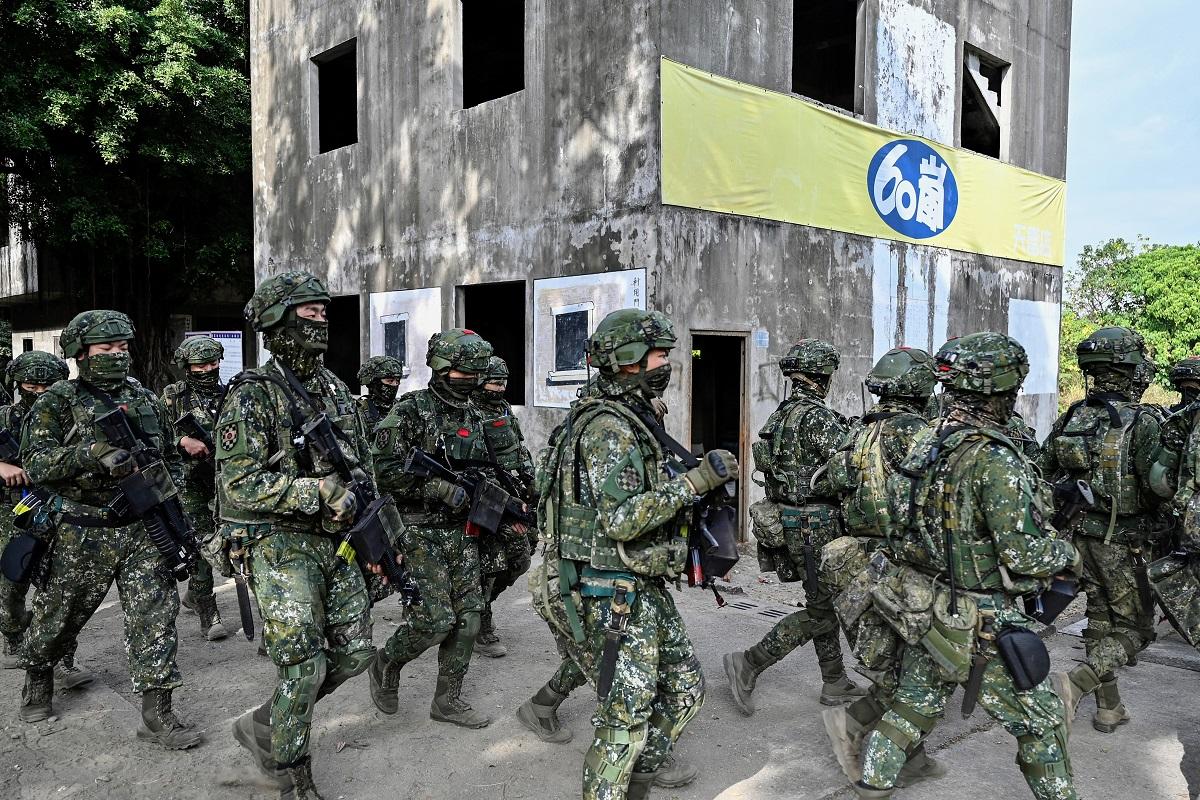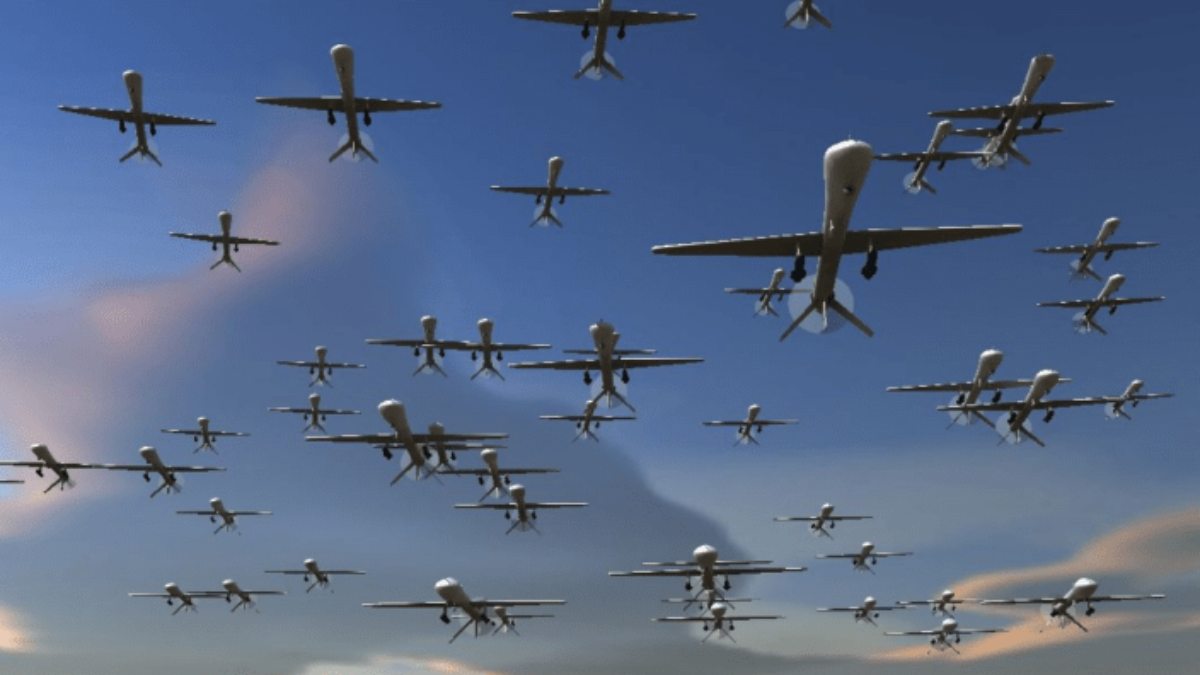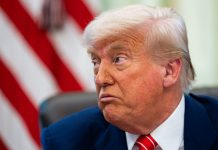After US Speaker Nancy Pelosi visited Taiwan, China turned up its military activities around Taiwan like never before. The defining ones are live exercises in six regions surrounding Taiwan, which would also cross the imaginary ‘median line’; firing missiles over Taiwan and; pressing its stealth J-20 fighter into its first joint arms exercises in what appears to be consistent military coercion to achieve its end goal of re-unifying the island with the mainland.
But the focus has now turned to Taiwan’s ‘strawberry soldiers,’ who western media have long described as the ones who prefer stable careers, avoid military service, and seek better ties with mainland China.
Mindful of not reacting when Pelosi was visiting, which it perceived as the US baiting it into attacking, China is now determined to demonstrate to the US and Taiwan that it is willing to exercise sovereignty over the latter as a part of the mainland.
While possessing a vastly superior military in terms of both numbers and technology, China can defeat Taiwanese forces. However, it might come at a high cost of destroying the city’s technology infrastructure and widespread pro-China sentiment. There were widespread protests against Pelosi’s visit by PRC supporters in Taiwan.

Downgrading trade and economic ties too will negatively impact Taiwan’s people as China’s Ministry of Commerce suspended sand exports to Taiwan and banned imports of frozen fish and Citrus fruits. The economic impact of this backlash will undoubtedly be felt in Taiwanese society.
Career, Money & Not War – Won’t The US Handle It?
The last two societal and socio-economic reasons have created this generation of “strawberry soldiers” – a trope to describe Taiwanese youth raised by overprotective parents who easily bruise.
Taiwan’s military ranks have fallen over the last decade after military conscription was phased out following public pressure, according to a Wall Street Journal (WSJ) report.
Compulsory military service now consists of four months of basic training, down from two years maintained for decades. It was first reduced to two years in 2008 and then halved in 2017.
Taiwan’s all-volunteer serving soldiers also fell to 165,000 last year from 275,000 three years earlier. Around 445,000 troops – 185,000 regulars and 260,000 reservists – can be mustered. China, on the contrary, has 100 times the ground personnel and a military budget that is 25 times larger.
“Even after the military increases the refresher training for the reservists, the 14 days are still not enough. The effect would be limited as these people have never received training as tough as the active forces.
Nor have they joined them in group training together, making it highly difficult for them to effectively work with the active forces in the event of war,” said retired air force Lieutenant General Chang Yen-ting, also a guest professor at National Tsing Hua University.
Another WSJ report talks about young men deliberately gaining weight by stuffing themselves with McDonald’s hamburgers to avoid compulsory military conscription.
At the same time, other youth who did sign up did not learn to do anything worthwhile in those four months. “Xiao Cheng-Zhi, a 26-year-old from central Taiwan, said his four months of basic training that ended last year mainly involved sweeping leaves, moving spare tires, and pulling weeds. Aside from some marksmanship training, he said, his classes were meaningless,” the report said.
Many youths view the military as a relic of Taiwan’s authoritarian past, which should have ceased with its founding leader Chiang Kai-shek in 1975, who kept the country under a military dictatorship until then.
Some were legitimately scared and were taking lessons from Ukraine on building defenses and stalling an advancing army.

China’s ‘Asymmetric Threat’
Taiwan’s core military prospects aren’t bright either. As a previous EurAsian Times report had touched upon, it has little to no potential to defend itself from the ‘asymmetric’ military threat China poses.
Pentagon-commissioned wargames by the Rand Corporation have repeatedly shown devastating US defeats, where China overwhelms the US and Taiwanese defenses with thousands of small civilian and military boats, Unmanned Aerial Vehicles (UAV), and missiles across the 90-mile distance, clearing a path for amphibious forces to land and begin the invasion.
Thus, Taiwan has acquired legacy platforms like aircraft carriers, 66 F-16V, or 108 M-1A2 Abrams Main Battle Tanks (MBT) that cannot counter such an unconventional assault.
The Overall Defence Concept (ODC) by Admiral Lee Hsin-min (Retd), Republic of China’s former Chief of General Staff, recommends asymmetric and low-cost weapons against the swarm that the People’s Republic of China (PRC) is capable of unleashing.
These include extensive inventories of advanced UAVs for target acquisition, data linking, early-warning, mobile radar roles, and tactical reconnaissance; low-cost, short-range precision-guided munitions; stealth fast attack crafts and small missile boats dispersed and hidden across the island’s 200 fishing ports; flexible sea mine systems that even non-specialized mine-layers can drop; a massive array of quick reaction short and medium-range surface-to-air missiles; Harpoon Coastal Defense Systems (HCDS) to take out ships; large batteries of its own highly capable Hsiung Feng III land attack-cum-anti-ship missile; Man-Portable Air Defense Systems (MANPAD) and; High-Mobility Artillery Rocket Systems (HIMARS).
Primarily based on ‘fighting a swarm with a swarm,’ it practically affects a regular military (Taiwan’s) fighting a prolonged guerrilla war at a strategic level in a multi-layered campaign of attrition.
Taiwan sits on a powder keg of two other flashpoints – the Korean Peninsula and the South China Sea (SCS) – and any conflict there will engulf the entire region into a massive war.
China, whose growing economic relations with countries it is locked in territorial disputes with countries like India, Japan, South Korea, Philippines, Vietnam, and Malaysia are effective leverage to ensure they remain ambivalent in US-led efforts against Beijing.
Any devastating attack on Taiwan will buttress Washington’s ‘China threat’ claim and jeopardize the latter’s hard-earned geo-economic influence. How China balances following through on Taiwan without risking alienating the region remains to be seen.
- The author can be reached at satamp@gmail.com
- Follow EurAsian Times on Google News




